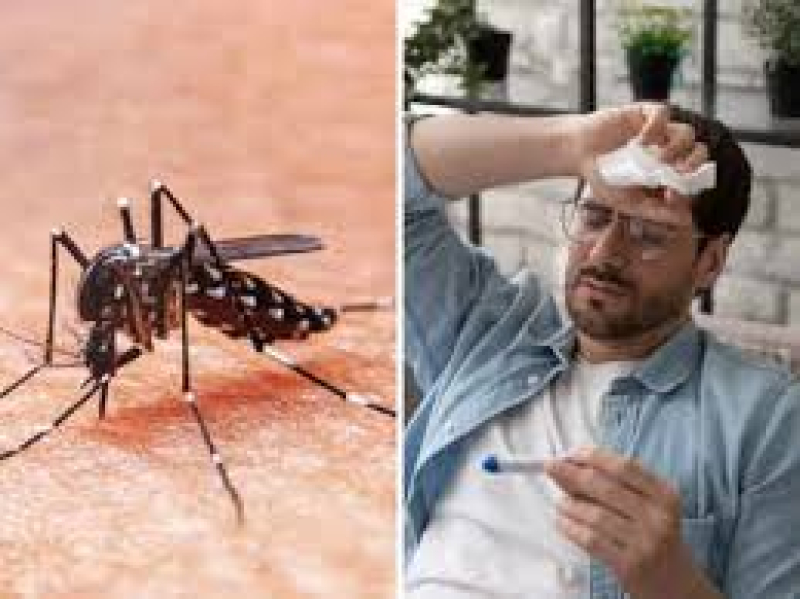- Christmas in Bangladesh Thursday |
- Bangladesh Bars Internet Shutdowns, Restores BTRC Autonomy |
- Tarique Rahman Leaves London for Bangladesh After 17 Years |
- Govt welcomes Tarique Rahman’s return, assures full coop |
- BNP strikes polls deal with 7 more partners, reserves 8 seats |
Common facts, food for dengue patients

Sometimes, symptoms of dengue fever are mild and can be mistaken for those of the flu or another viral infection.
Dengue (pronounced DENgee) fever is a painful, debilitating mosquito-borne disease caused by any one of four closely related dengue viruses. These viruses are related to the viruses that cause West Nile infection and yellow fever.
Symptoms, which usually begin four to six days after infection and last for up to 10 days, may include
Sudden, high fever
Severe headaches
Pain behind the eyes
Severe joint and muscle pain
Fatigue
Nausea
Vomiting
Skin rash, which appears two to five days after the onset of fever
Mild bleeding (such a nose bleed, bleeding gums, or easy bruising)
What helps dengue heal faster?
Dengue: Foods To Eat When Recovering From Dengue Fever
Foods for dengue fever: Eat these for fast recovery
Oatmeal. Carbohydrates are absolutely important for your body to regain its balance. ...
Herbs and spices. ...
Papaya leaves. ...
Pomegranate. ...
Coconut water. ...
Broccoli. ...
Herbal tea. ...
Yogurt.
Sometimes, symptoms are mild and can be mistaken for those of the flu or another viral infection. Younger children and people who have never had the infection before tend to have milder cases than older children and adults. However, serious problems can develop. These include dengue hemorrhagic fever, a rare complication characterized by high fever, damage to lymph and blood vessels, bleeding from the nose and gums, enlargement of the liver, and failure of the circulatory system. The symptoms may progress to massive bleeding, shock, and death. This is called dengue shock syndrome (DSS).
People with weakened immune systems as well as those with a second or subsequent dengue infection are believed to be at greater risk for developing dengue hemorrhagic fever.

